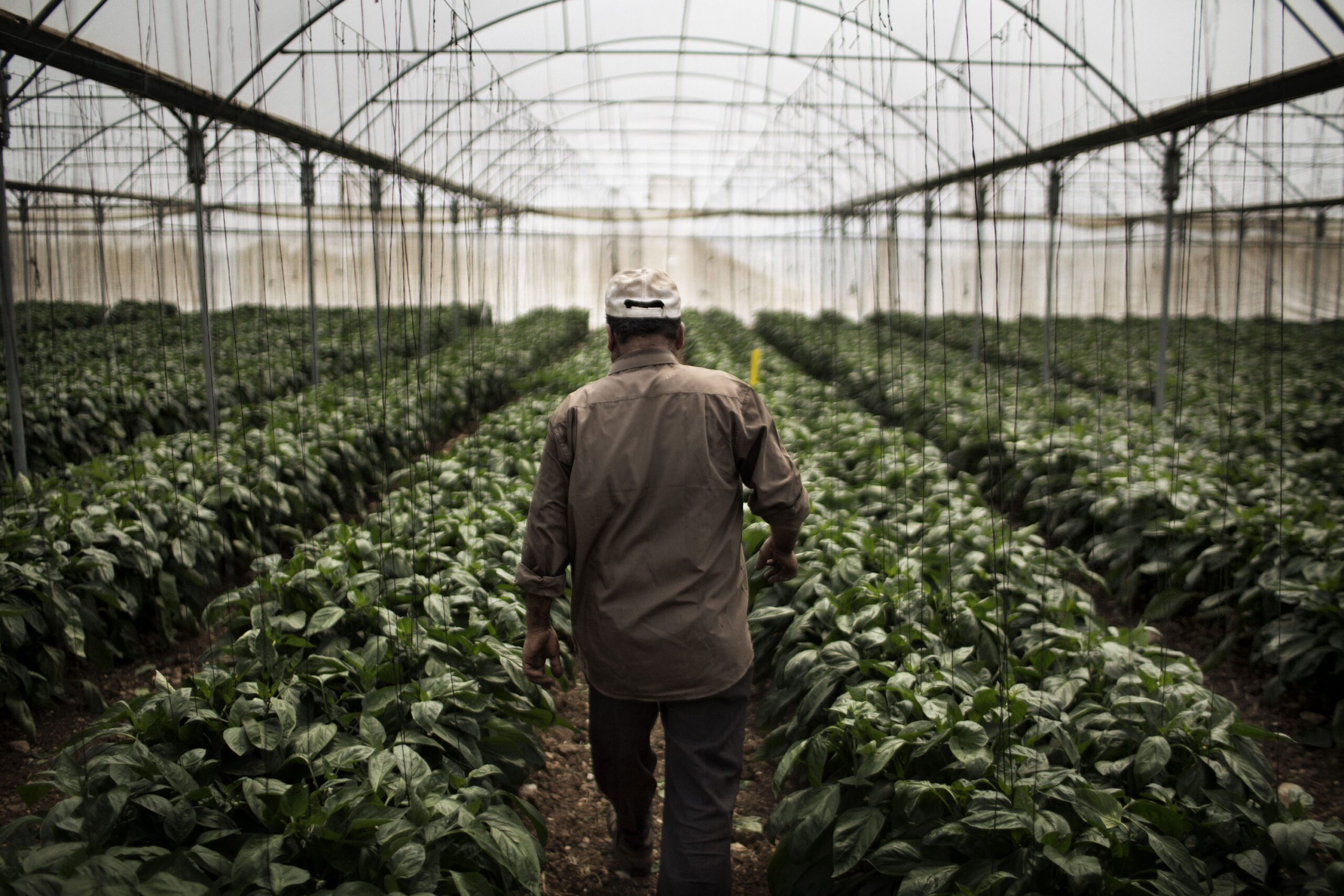PROJECT SUMMARY
As digital innovations bring new opportunities for many countries to trade safely and efficiently across international borders, the EBRD and FAO are providing the support they need to leave the paper trail behind, focusing on the introduction of e-phyto certificates.
CONTEXT
The digital revolution offers new opportunities to increase the efficiency, transparency and accessibility of international trade, including for plants and plant products. As well as saving time and costs, digital innovations can reduce trade risks, for example, by promoting the adoption of standardized processes and standards, and enabling traceability at each step of the agrifood chain. Building on previous work carried out in Egypt, Ukraine, and other countries in reviewing the costs and benefits of digital agriculture, the EBRD and FAO are carrying out assessments to help countries make the digital transition to facilitate trade and reduce trade costs, including the move from paper to e-phytosanitary certificates.
This project focuses on assessing the costs, benefits and systems to make this shift, with a particular focus on the adoption of e-Phyto – a global digital certificate exchange system designed to make the movement of goods across international borders quicker, safer and cheaper. E-Phyto was developed by the International Plant Protection Convention (IPCC).
Activities
Carry out a status assessment of digital trade systems for agricultural products, primarily those of plant origin, identifying issues and bottlenecks in major exporting and importing countries in the EBRD region and making recommendations on how to overcome them.
Assess the readiness and implementation status of e-Phyto in at least three countries and assess options, benefits and challenges of its integration with various digital trade and document exchange platforms.
Assess costs and benefits related to the operation of digital trade solutions, through case studies, surveys and other tools, for example, through engagement with industry representatives, large exporting and importing companies, and countries currently using e-Phyto to assess its impacts on trade efficiency. This includes developing a methodological framework for carrying out a cost-benefit analysis of digital tools.
Identify areas of private and public investment to facilitate digital trade platforms and transformation including through collaboration with the IPPC Global Alliance for Trade Facilitation and the e-Phyto Industry Advisory Group which includes among others the International Grain Trade Coalition, the International Seed Federation, the European Seed Association, the International Cotton Advisory Committee and the Global Express Association. Cooperation with the private sector is key to advancing trade digitalization tools.
OUTCOMES
The status of digital trade support systems/solutions available for agricultural products (primarily those of plant origin), the use of ePhyto and its impact on trade were assessed along with the bottlenecks.
Costs and benefits related to the operation of digital trade solutions (e.g. ePhyto) were assessed through case studies in Serbia and is ongoing in Egypt, Uzbekistan and Ukraine.
The work on discussing results with private and public sector representatives to facilitate digital trade transformation, greater transparency and reliability and identifying future technical assistance needs in this area has commenced in Ukraine and other countries of the region.
Achievements
Can digital transformation reduce trade costs and increase trade flows?
Using different economic approaches, an FAO team answers these questions, focusing on the International Plant Protection Convention (IPPC) ePhyto Solution for plant and plant-based products. Trade in plants and plant products continues to expand with an estimated export value of USD 90 billion in 2023. Their share in total agricultural trade hovered around 30-32% between 2017 and 2023, so the ePhyto Solution has the potential to reduce trade costs and facilitate its growth.
The team considered the ePhyto Solution from three different angles:
First, the analysis assessed the use of ePhyto by adopting countries based on a survey conducted with National and Regional Plant Protection Organizations (NPPOs). The results of the survey highlighted progress in ePhyto adoption and its growing importance. The extent of coverage of trade by the ePhyto solution increased from 2% in December 2019 to 6% in March 2020, driven by the Covid-19 pandemic, and further increased to 17% by September 2023 as more countries adopted ePhyto solution.
Second, cost benefit analyses allowed to assess the economic gains from the ePhyto Solution in four countries: Serbia, Egypt, Uzbekistan and Ukraine. This country-specific approach highlighted how ePhytos can reduce trade costs for companies, administrations and society. Exporters in particular stand to gain, with potential savings per export volume associated to a phytosanitary certificate ranging from USD 4.5 in Serbia to USD 83.0 in Egypt with long-term benefits of the ePhyto investment indicating potential returns from USD 29 million to USD 53 million for Ukraine and from USD 28 million to USD 72 million for Egypt, reflecting both countries’ high export volumes and potential savings.
Third, an econometric analysis of ePhyto between trading partners confirmed that its adoption has a positive impact on bilateral trade for the countries that use the system. The results of the analysis revealed that exports start increasing after an exchange of 57 ePhytos per year with trade in perishable products, like fruit and vegetables, benefiting the most from the solution.
The initial results of this analysis were presented and well-received by the ePhyto Industry Advisory Group (IAG) Annual Meeting, which took place on the margins of the 9th Global Review of Aid for Trade hosted by the World Trade Organization (WTO) Office in Geneva in June 2024 and subsequently at the IPPC Strategic Planning Group Meeting in Rome in October 2024.
The analyses also provides concrete recommendations for policymakers and industry leader to maximise the benefits of the ePhyto Solution. The work is currently in the process of being published.


































